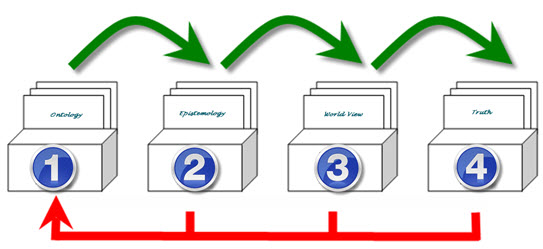Description
Repeated study of vocabulary, concepts, events, or other items is still the most efficient way to learn them. For awhile, rote memorization was dismissed as “drill and kill,” until it was realized the drill and kill really works. For that reason, flash cards remain a popular study aid. And flash cards are flexible: The table below shows some possibilities.
| Type of Study Item | Example of Front SIde of Card | Example of Back SIde of Card |
| vowcabulary word | perigee | the nearest point to earth of an object orbiting the earth |
| math formula | area of a triangle | A = 1/2 (Base times Height) |
| chemical formula | formula for sulphuric acid | H2SO4 |
| icon |  |
Pause icon |
| graph |  |
asymptote |
| question | Name three vaccinations a 1-year-old dog should have | DHPPC (Distemper, Hepatitus, Parainflenze, Parvovirus, Corona Virus), Rabies, Bordatella |
| dates | December 7, 1941 | Attack on Pearl Harbor |
| acronym | PSC | Permanent Split Capacitor, a capacitor that remains in active in the circuist after motor start, allowing an electric motor to run more efficiently. |
Benefits of Flash Cards
Among the benefits of flash cards are:
- Ease of use. You can carry a deck of even 100 cards easily and study them anytime you have a spare moment. If you use online decks, the cards are as close as your smart phone.
- Feedback. You receive immediate feedback about whether or not your answer was correct, allowing you to know right away what the right answer is, thereby reinforcing a correct answer or providing an opportunity to remedy a wrong answer.
- Chunking. Flash cards divide your learning task into tiny pieces or chunks, making learning easier.
The Leitner System

In the 1970s, a Geman popularizer of science, Sebastian Leitner, developed a method of studying flash cards that makes learning the material much more efficient and effective. In this method, you use multiple boxes or stacks for your cards. The illustration below shows four boxes, but you can use three or five. (Two is probablly too few, more than five too many.)
The Method
All the cards start off in Box (or Stack) 1. As you review the cards, each card you answer correctly goes into Box 2. If you give the wrong answer, study the card and then replace it in Box 1. When you review the cards in Box 2, if you still get the answer right, the card is promoted to Box 3, and so on until all the cards are in the highest box.
If you get an answer wrong on a card in Box 2, 3, 4 or up the the highest box you are using, the card is demoted all the way down to Box 1.
The Key
The key to the efficiency and effectiveness of the Leitner system is that the cards in the lower boxes–the ones you know less well–are reviewed more frequently than the cards in the higher boxes. For example, in a four-box set up, the cards in Box 1 might be reviewed four times as often as those in Box 4. It’s up to you to choose the frequency of review for each box. Here are some example review times for a four-box set up:
| Review Box 1 | Review Box 2 | Review Box 3 | Review Box 4 |
| 4 times a day | 3 times a day | 2 times a day | 1 time a day |
| 3 times a day | 2 times a day | 1 time a day | every other day |
| 2 times a day | 1 time a day | every other day | 2 times a week |
| 1 time a day | every other day | twice a week | once a week |
Here are some example review times for a three-box set up, including intense scheduling:
| Review Box 1 | Review Box 2 | Review Box 3 |
| 10 times a day | 5 times a day | 3 times a day |
| 8 times a day | 4 times a day | 2 times a day |
| 5 times a day | 3 times a day | 2 times a day |
| 3 times a day | 2 times a day | 1 time a day |
![]()
1. Once all your cards have been promoted to the highest box, turn them over and learn them back to front. Start them all off in Box 1 and read the answer, definition, formula or whatever and see if you can supply the question or term. Continue until once again all cards are in the highest box.
2. After all cards are in the highest box, demote them all back down to Box one and review them again. Now you are reviewiing for speed, to reach fluency (also called automaticity). Deep learning is not only much longer lasting, but it allows faster recall.